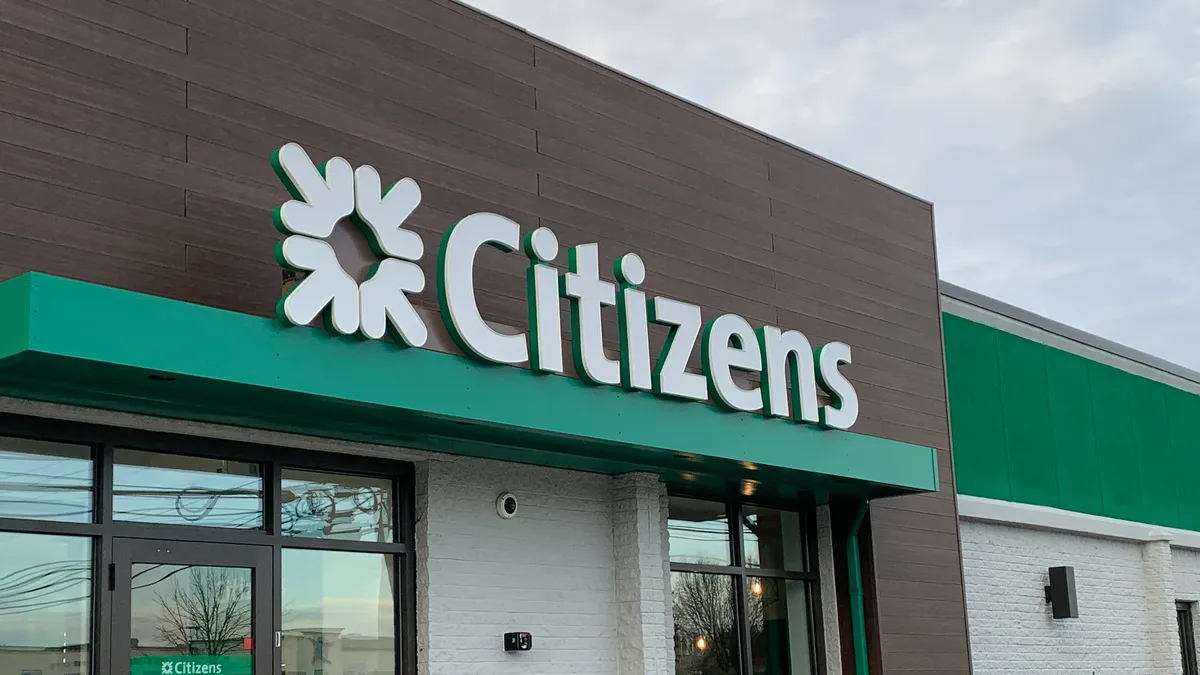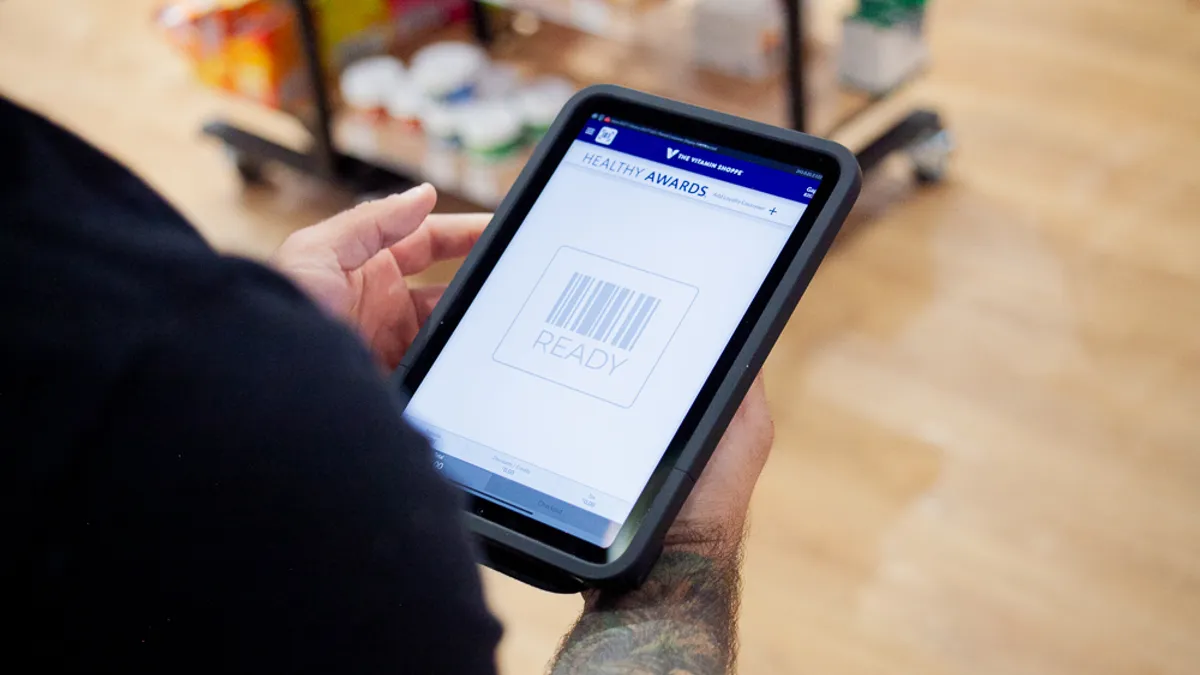With banking battle lines increasingly fought around primacy, Citizens is doubling down on its efforts to offer more value to customers to stoke greater engagement.
That’s according to Chris Powell, the Providence, Rhode Island-based lender’s head of deposits and customer engagement. The super-regional last month rolled out improvements to its onboarding experience for customers and added digital features, including a savings tracker and checking account benefits calculator.
The latter tool enables the bank to convey to customers just how much they’re getting from banking with Citizens versus competitors, which can bolster client retention, Powell said. The feature reflects how the $219.7 billion-asset bank is trying to zoom out and think more broadly about the value it’s offering customers.

“At the end of the day, [banks are] all striving to make more simple, more straightforward experiences for our customers, such that the transactional nature of banking is no longer where you win or lose relationships,” Powell said in a recent interview. “It’s going to be the advice and the engagement, and what real value can we demonstrate?”
Powell declined to quantify how much the bank is spending on such upgrades, but said it’s an area of “sustained” investment. The majority of the bank’s discretionary pool of capital goes toward such digital enhancements and features, he noted. The bank’s non-interest expenses, which included salaries, equipment and software, rose 13% last year, to $5.5 billion, according to its most recent annual filing.
From Powell’s perspective, it’s been an interesting few years in retail banking: Consumers had built up account balances amid the COVID-19 pandemic, and as interest rates rose rapidly, they shifted funds from checking and savings to higher-yield products such as CDs, fueling competition for customers. As rates have started to moderate, there’s still an “intense” level of competition for deposits that Powell doesn’t expect to ebb.
“There’s never really a utopia in the deposits business,” Powell said. When rates are high, banks are worried about how much they’re paying for those deposits; when rates are low, banks are worried about how to attract customers, he noted.
Many consumers have different types of accounts at more than one lender and, more than ever, banks are vying to be a customer’s primary bank.
“The focus is going to be on who’s going to get the most customer relationships, who’s going to get the right level of engagement with those relationships, and then who ultimately is going to be able to deepen and broaden the relationships over time,” Powell said. “I don’t see that changing. If anything, I see the competition for folks trying to do that really well only intensifying.”
That’s what has Citizens considering how it can take what’s become “commoditized” products or experiences and wrap them in a simpler or value-added experience for customers, Powell said.
Offering insights, guidance and advice to customers seeking it is one element of that.
“Being positioned where Citizens is the person delivering the advice that helps them along their journey, I think, is a key focal point for us,” Powell said.
Making the account opening experience smoother and less complex – think, setting up an iPhone – is another crucial element, he said.
Historically, the bank has “bumped into things” by asking too many questions during the onboarding process, so Citizens has tried to “strip away the majority of that,” Powell said.
With a more streamlined process, the bank is focused on easily integrating direct deposit and bill pay switching, and getting a debit card ready to spend, so customers don’t have to go back and do more later, he said. The bank works with direct deposit account switching fintech Pinwheel to facilitate that feature.
Getting customers’ direct deposits, handling their primary transactions and engaging with them digitally “is really the stepping stone,” Powell said. Establishing those basic relationships with customers is key to getting them to turn to the bank for retirement offerings or other financial needs, he added.
To that end, Powell embraces the intent behind the Consumer Financial Protection Bureau’s open banking rule. Removing the friction of a bank switch puts the onus on banks to deliver value, he said.
“We shouldn't be thrilled because it was hard for the customer to leave; we should be thrilled because a customer wanted to stay, because they were getting a ton of value out of the relationship,” he said.
The bank is also exploring how it can offer more value through its artificial intelligence-powered assistant. Such tools have increasingly become a bank customer expectation – Citizens has its own AI-powered virtual assistant, CiZi – and the bank sees further opportunity in those assistants not only answering questions but also handling tasks the customer needs help with right there in the chat, rather than directing them elsewhere, Powell said.
If a customer is asking about freezing a debit card, for example, “let them freeze it right through the chat interaction, instead of telling them where to go to do the job,” he said.
Starting to create those integrated experiences will bring “powerful unlocks for us and for the industry more broadly,” Powell said.














